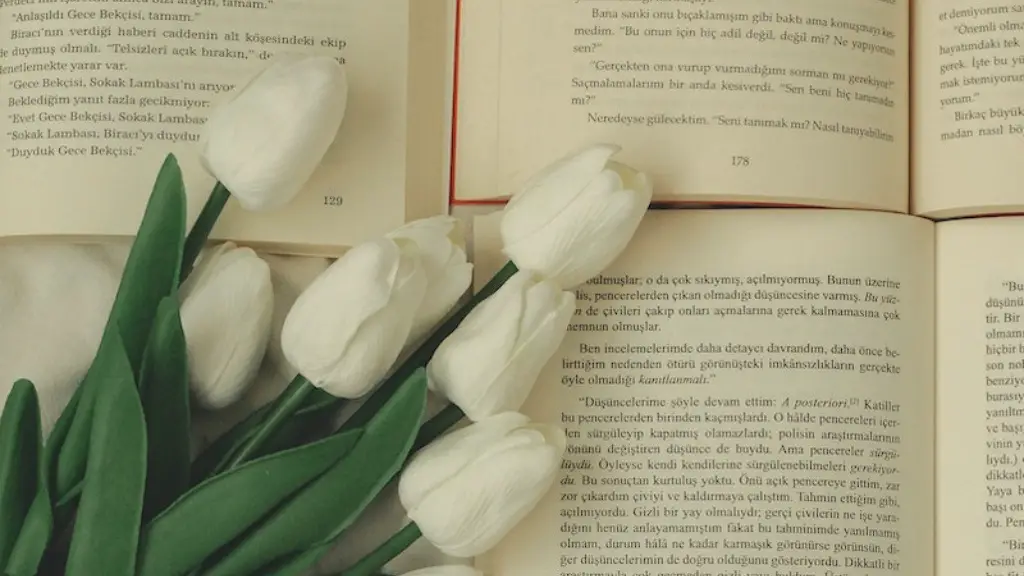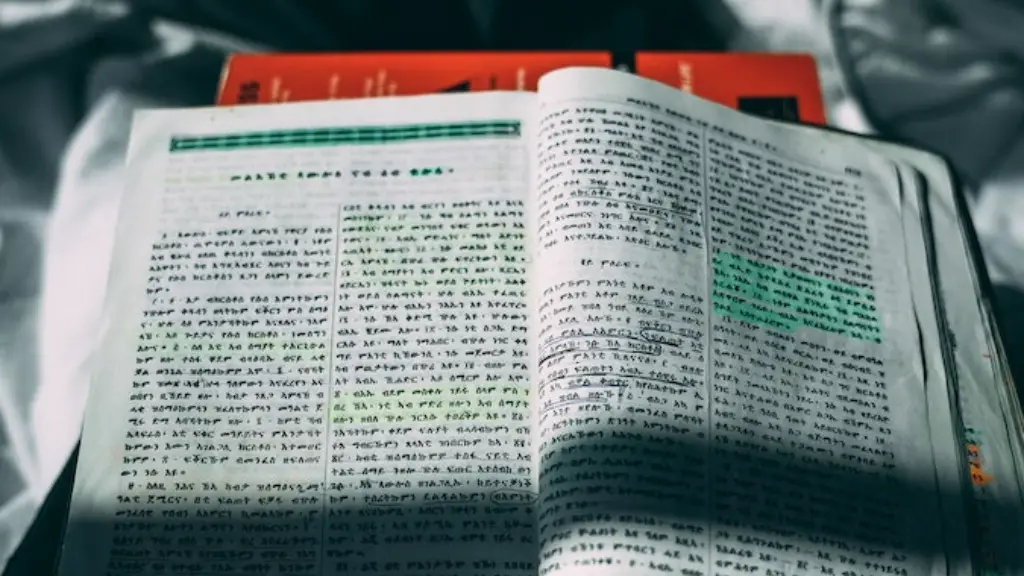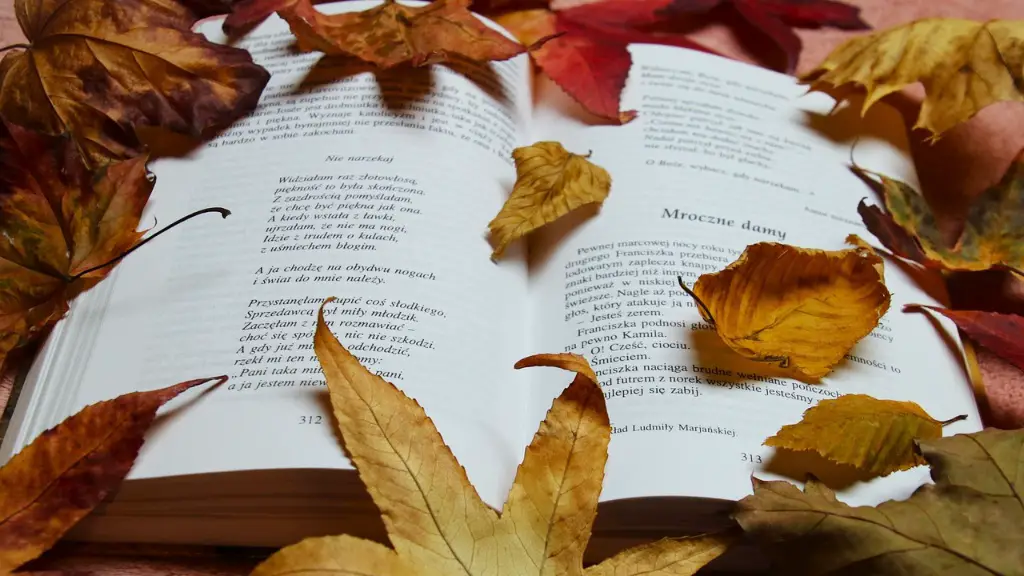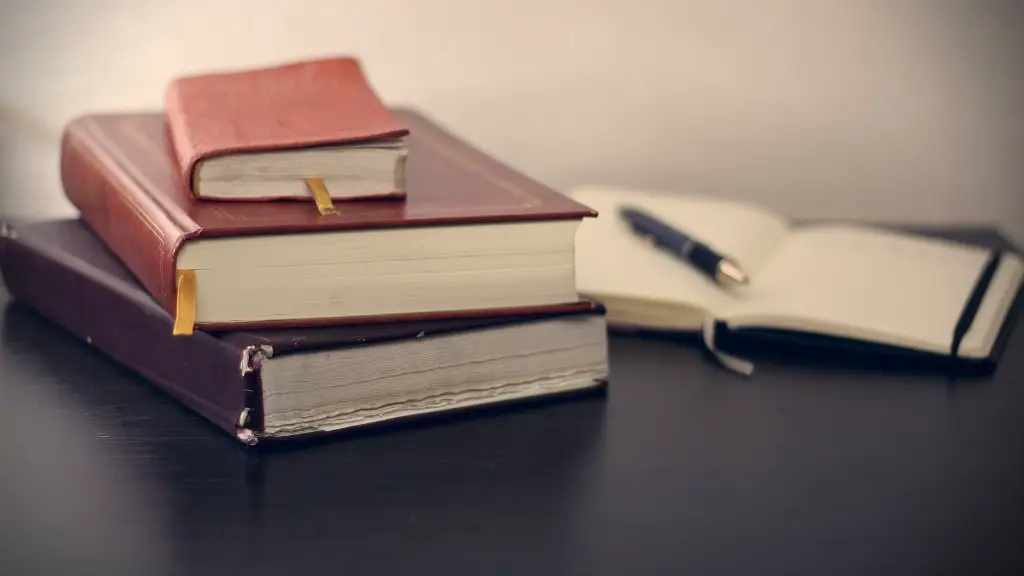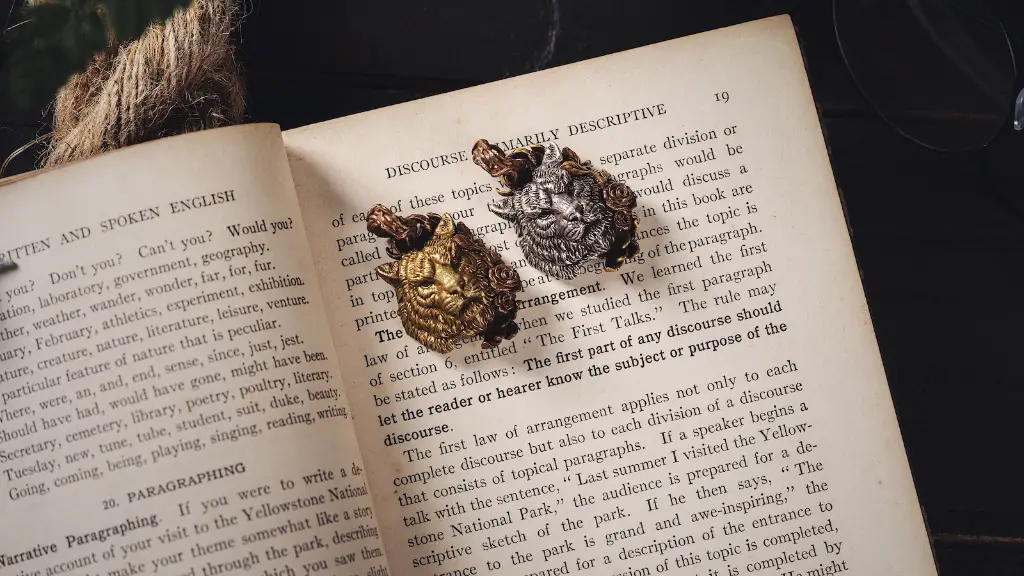The similarities between poetry and prose may not always be immediately obvious. On a basic level, both are composed of text on a page or screen, but the differences between them are substantial.Ultimately, both art forms provide an opportunity for literary expression, but in different ways. Understanding how they are similar can provide further insight into the appeal of each, and the impact that literature has had on society throughout the centuries.
One similarity between poetry and prose is their structure. Both forms are composed of words, sentences, and paragraphs. The main difference, however, is that poetry tends to be shorter and more concise, while prose is longer and more expansive. Both forms can be used to effectively articulate complex ideas in a simple and effective way.
A second similarity is the use of language. Both forms employ literary devices such as imagery, symbolism, and metaphors to create vivid and powerful images. While prose deploys these devices over longer passages, poetry tends to be much more precise, using fewer words to convey the same message. Thus, while both forms can convey deep emotions and profound insights, poetry tends to do so in a more succinct manner.
A third similarity is the ability to evoke emotions in the reader. Both poetry and prose can produce an emotional response in the reader. Prose can evoke feelings through its narrative structure, while poetry can use words to create an evocative atmosphere that can stimulate emotions in the reader. It’s this capacity to affect the reader’s emotions that allows both forms to reach a wider audience.
A fourth similarity is the conveyance of ideas. While both forms employ techniques of literature to reach their audience, the content of both can be used to convey different kinds of ideas. Poetry may contain metaphysical and philosophical insights, while prose may communicate political and social messages. Despite their varying messages, both forms can be used to communicate ideas in powerful ways.
Finally, both poetry and prose often share a common subject: love. Whether it’s romantic love or universal love, both forms can provide an effective vehicle for conveying these sentiments. From Shakespeare to Faulkner, both forms of literature have been used to explore love in all its forms.
Forms of Prose
Prose is a form of writing that has no particular form or structure. It can be fictional or nonfictional, and it can explore any number of topics. Prose can take on many forms, including the novel, short story, essay, memoir, and diary. While the topics may vary, the structure remains the same: the use of words, sentences, and paragraphs.
In a novel, the narrative arc is typically focused on the protagonists and their journeys to overcome obstacles in order to achieve their goals. Short stories are often more narrowly defined and focus on a particular moment in time with a clear resolution. Essays are often woven together in a thoughtful argument or thesis. Memoirs may be focused on the writer’s own history, while diaries typically record everyday life events.
Though different in content and structure, each form of prose uses its structure to effectively communicate its message. Whether it’s the journey of a protagonist or the personal reflections of a diary-keeper, the structure of prose allows authors to fully explore their chosen topics.
Forms of Poetry
Unlike prose, poetry is typically composed of lines, verses, and stanzas. There are a number of forms of poetry that have been practiced throughout the centuries, including the sonnet, villanelle, haiku, and many more. Each form has its own structure, meter, and rhyme scheme, and all these forms use language to create powerful images, evoke emotions, and communicate ideas.
The sonnet is a form of poetry that is often used to explore romantic love. Its regular meter and rhyme scheme allows the poet to effectively explore the complexities of the subject matter, conveying both the joys and sorrows of love. The villanelle is another form of poetry that is often used to explore deep emotions over a long period of time. Its repeating lines and refrains create an intense and sustained emotional impact.
The haiku is a form of poetry that has achieved worldwide popularity due to its simplicity and brevity. Written as three short lines of five, seven, and five syllables, the haiku captures a moment in time, often focusing on nature or the beauty of the world, in a few succinct words. Other forms of poetry, such as the limerick and acrostic, can also be used to explore topics ranging from the silly to the sublime.
Rhyme and Meter
Both poetry and prose deploy rhyme and meter to create a desired effect. While prose can employ both, poetry tends to rely heavily on the ability to create rhymes and a specific meter to evoke a certain emotion. The repetition of words and syllables creates a rhythm that can be catchy and memorable, as well as being a powerful tool for evoking emotion in the reader.
Rhyme is a powerful technique that can be used to emphasize certain words and ideas, as well as creating a musical quality to the poem or prose. Rhyme can be used to explore ideas of duality, or to provide a reassuring structure to the piece. Meter is another popular technique that uses the repetition of stressed and unstressed syllables to create a regular rhythm. This can create a calming effect or a brisk, lively beat that changes the tone of the piece.
Through the use of rhyme and meter, both poetry and prose can be used effectively to explore complex topics and express a range of emotions. This capacity to create rhythm, explore themes, and evoke emotion makes both forms of literature appealing and memorable.
Impact of Poetry and Prose on Society
Over the centuries, the power of both poetry and prose has been harnessed to create lasting impressions in society. Prose has been used to explore topics such as politics, love, and race, while poetry has been used to evoke deep emotions in the reader. From political manifestos to love stories, both forms of literature have been used to create powerful statements and evoke strong reactions in the reader.
Poetry in particular has had a strong impact on society. Some of the most powerful activists, from Martin Luther King Jr to Malala Yousafzai, have used poetry to express their message and to create lasting change in society. Poems can be powerful tools for bringing about awareness and inspiring action. They can convey ideas in a succinct manner that is often more difficult to capture in prose.
The influence of both poetry and prose has spread far and wide. From Neruda’s love songs to Hemingway’s prose, the power of both forms has been used in literature, music, and the fine arts. Ultimately, both prose and poetry are forms of literary expression that can be used to communicate ideas to a wide audience and to create lasting impressions.
Closing of the Gap
In recent years, there has been a trend towards closing the gap between poetry and prose. Poetry has been used in novels and short stories, and prose has been used in poems and lyrical writing. This convergence of styles has allowed the two forms to explore different aspects of human experiences in a more integrated fashion.
Poetry has been used to explore themes that are traditionally associated with prose, such as love, loss, and identity, while prose has been used to explore topics that are often tackled by poets, such as nature and philosophical musings. Even so, the essence of each form of writing still remains: poetry as a concise vehicle for expressing powerful emotions, and prose as a longer and more expansive form of literary expression.
The similarities between poetry and prose have been explored throughout the centuries. Both are forms of literary expression that can be used to convey ideas and evoke emotion in the reader. Through the use of language, structure, and literary devices, both forms of writing can be used to engage and inspire the reader. In this way, poetry and prose can be used to explore any number of topics, from the metaphysical to the mundane.

